Launched earlier this week, ChatGPT Atlas is not only an expanded version of the chatbot that has more than 800 million weekly users, but also an effort to turn ChatGPT into a “doorway” connecting all online activities, from web searches, social media access to performing automated tasks.
“The browser is where all your tools, data, and context converge,” CEO Sam Altman wrote in a blog post. “A ChatGPT-integrated browser brings us closer to a ‘super assistant’ that truly understands your world and helps you achieve your goals.”
Atlas is designed with the ChatGPT search bar at its center. Users can ask the AI to summarize a web page, explain a concept, or perform complex tasks like “find a cheap bar near the subway in New York and book a table for three.”
Additionally, there is an agent mode that allows ChatGPT to act on behalf of the user, such as making reservations, sending emails, or planning trips .
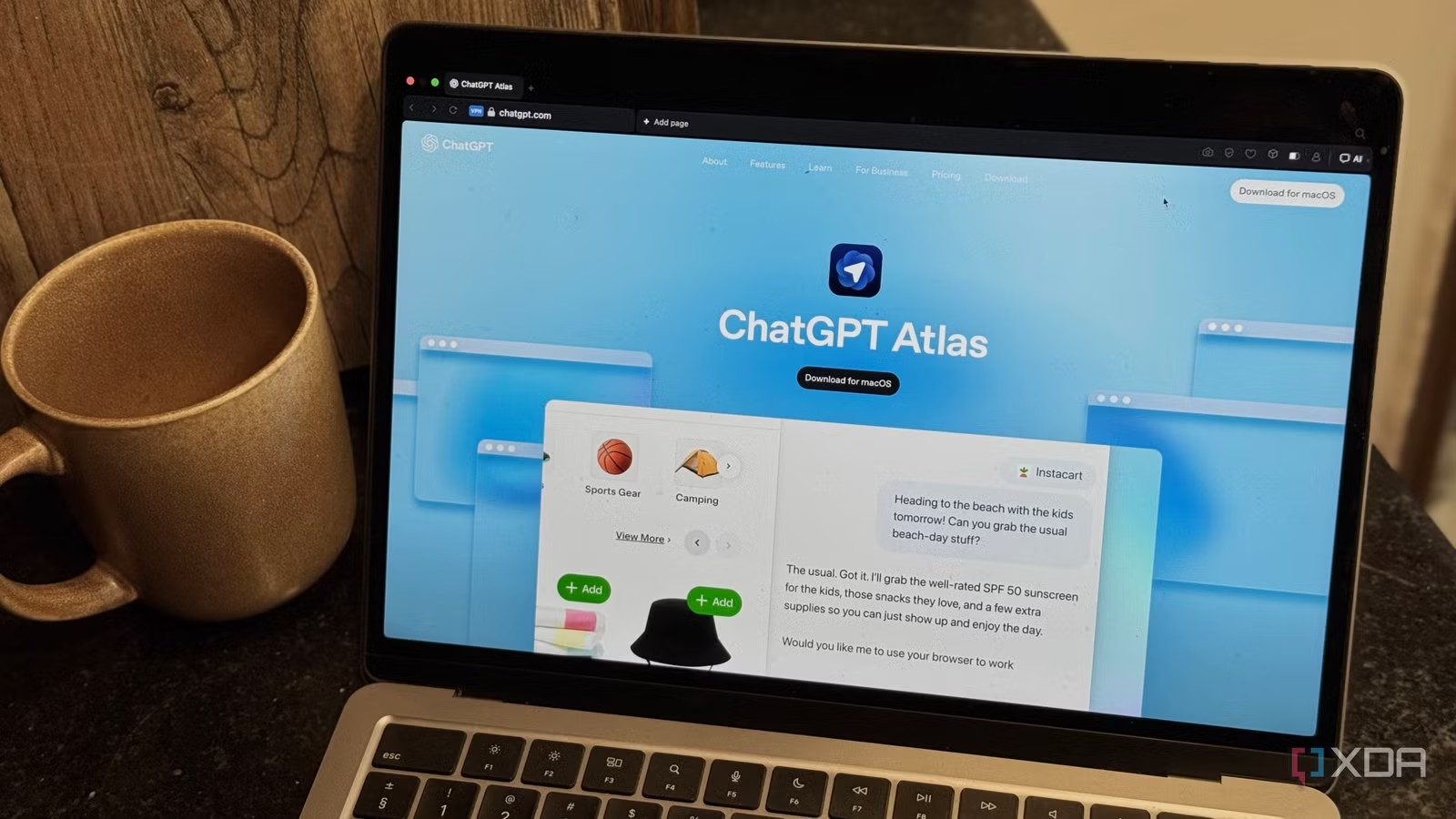
This is a major step in the move away from the traditional “blue links” that have been the hallmark of Google search for more than 20 years.
According to a Pew Research survey, users are clicking fewer and fewer links when AI summaries appear on Google search results pages. Earlier this year, an Apple executive admitted in court that searches on its devices dropped for the first time in April, a sign that search behavior is changing.
Google, which accounts for nearly 72% of global web traffic, is also integrating its Gemini AI into its Chrome browser, which can summarize web pages, answer questions, and even automate tasks like booking hotel rooms or hiring appliance repair services via email and calendar.
However, analysts say OpenAI is moving faster. Instead of gradually “AI-izing” its products like Google, Atlas put ChatGPT at the center from the beginning – turning every click into a conversation command with AI.
The appearance of Atlas comes in the context of Google just overcoming a historic lawsuit by the US Department of Justice (DOJ) related to its monopoly position in the search sector. In court documents, Judge Amit Mehta emphasized: " The remedies are not only to ensure competition among traditional search engines, but also to prevent Google's dominance from spreading to the field of synthetic AI."
That shows the importance of AI in the battle for control of the “gateway to the internet”, where every search, ad and user behavior is worth billions of dollars.
The launch of Atlas also represents OpenAI’s ambition to expand beyond chatbots. The company is moving from a conversational platform to an integrated ecosystem that includes browsers, search engines, AI assistants, and soon, consumer hardware.
If this sounds familiar, it's the "formula for success that Google has followed for two decades": domination by controlling the ecosystem that every Internet user must pass through.
(According to CNN)

Source: https://vietnamnet.vn/openai-ra-trinh-duyet-chatgpt-atlas-cuoc-chien-tranh-ba-internet-da-bat-dau-2455882.html


![[Photo] President Luong Cuong chaired the welcoming ceremony and held talks with United Nations Secretary-General Antonio Guterres](https://vphoto.vietnam.vn/thumb/1200x675/vietnam/resource/IMAGE/2025/10/24/1761304699186_ndo_br_1-jpg.webp)

![[Photo] Prime Minister Pham Minh Chinh chairs conference on breakthrough solutions for social housing development](https://vphoto.vietnam.vn/thumb/1200x675/vietnam/resource/IMAGE/2025/10/24/1761294193033_dsc-0146-7834-jpg.webp)

![[Photo] Solemn funeral of former Vice Chairman of the Council of Ministers Tran Phuong](https://vphoto.vietnam.vn/thumb/1200x675/vietnam/resource/IMAGE/2025/10/24/1761295093441_tang-le-tran-phuong-1998-4576-jpg.webp)
![[Photo] Prime Minister Pham Minh Chinh and South African President Matamela Cyril Ramaphosa attend the business forum](https://vphoto.vietnam.vn/thumb/1200x675/vietnam/resource/IMAGE/2025/10/24/1761302295638_dsc-0409-jpg.webp)




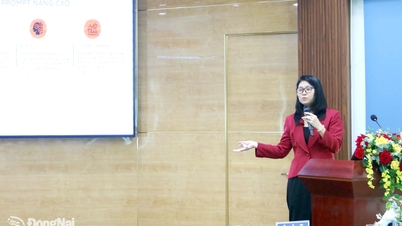





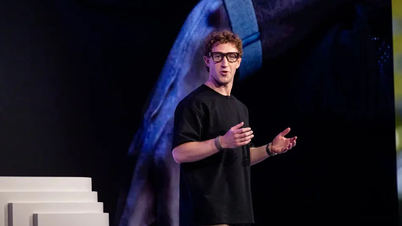





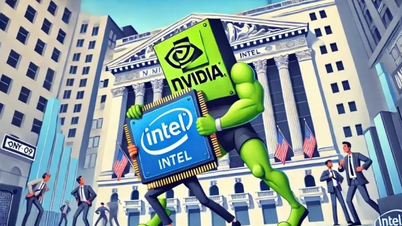
























































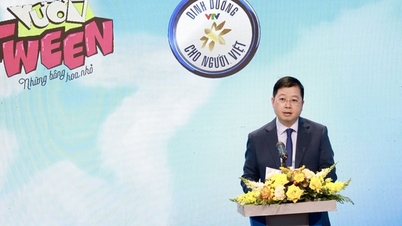
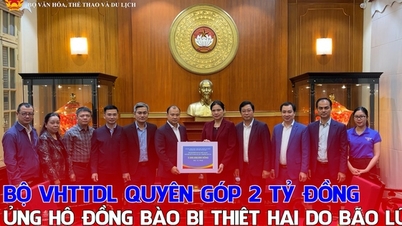


























Comment (0)